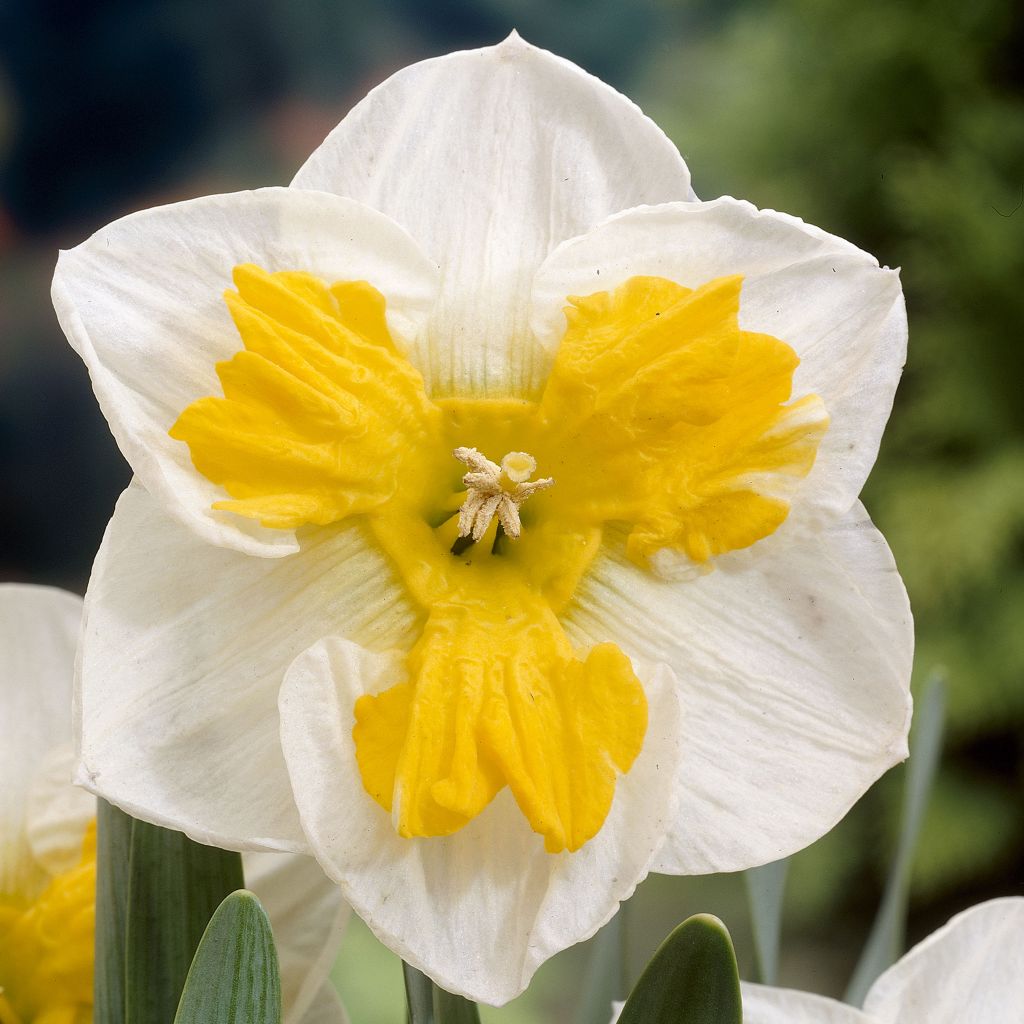

Narcisse Tricollet - Narcisse à couronne fendue
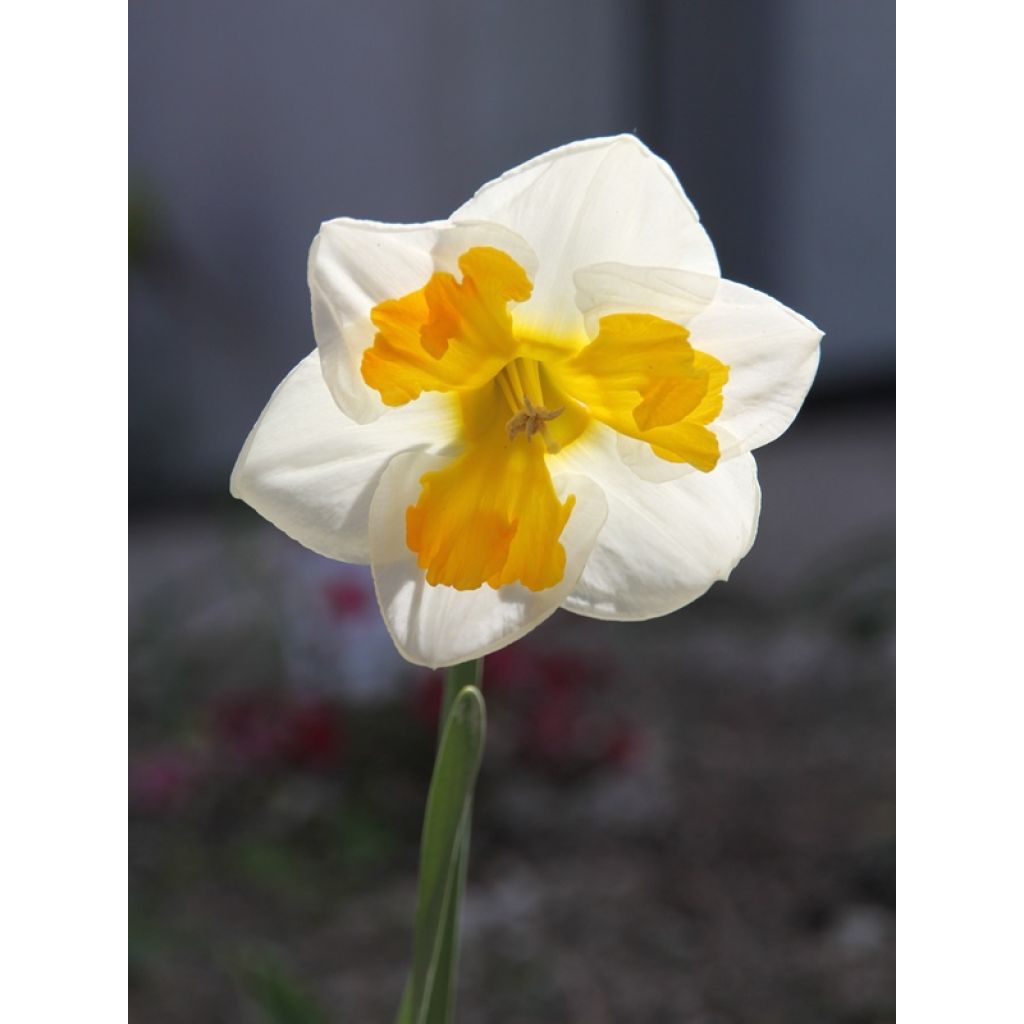

Narcissus Tricollet
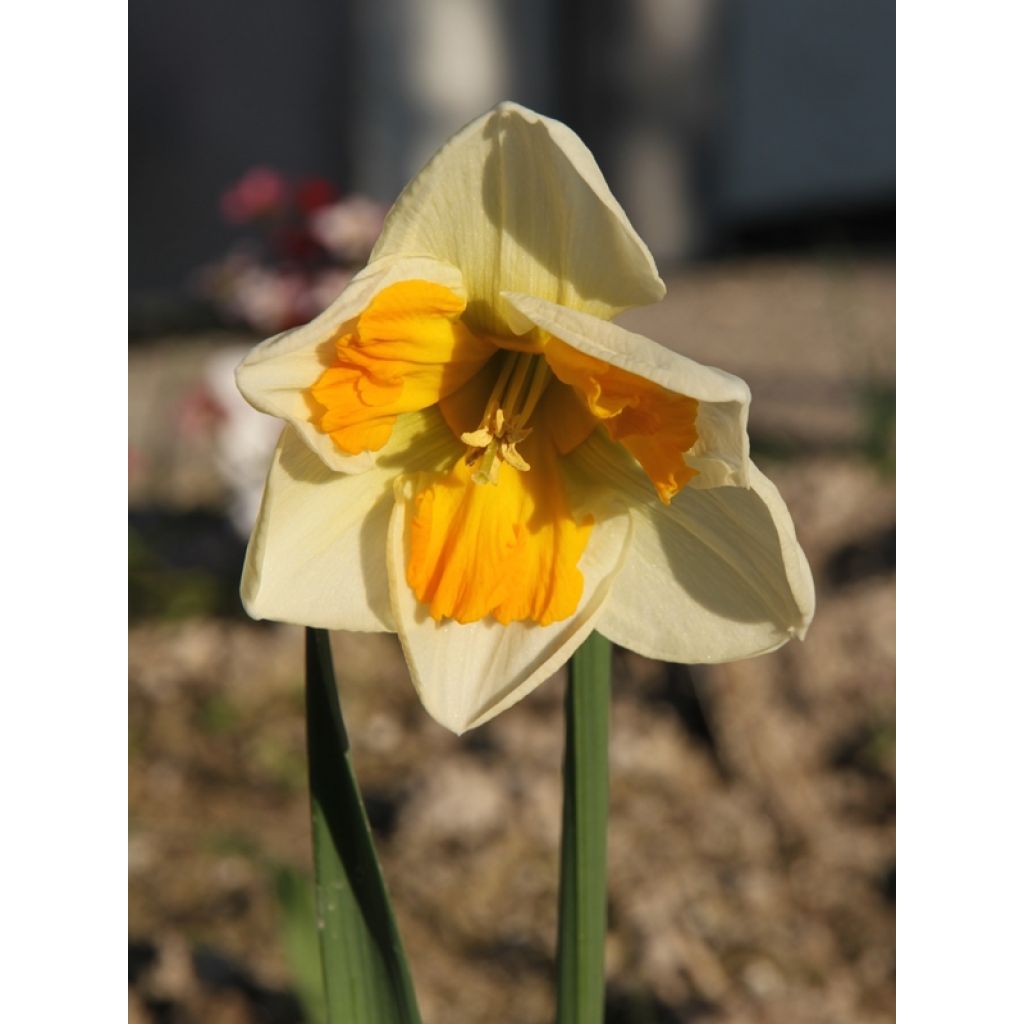

Narcissus Tricollet
View more pictures
Hide images
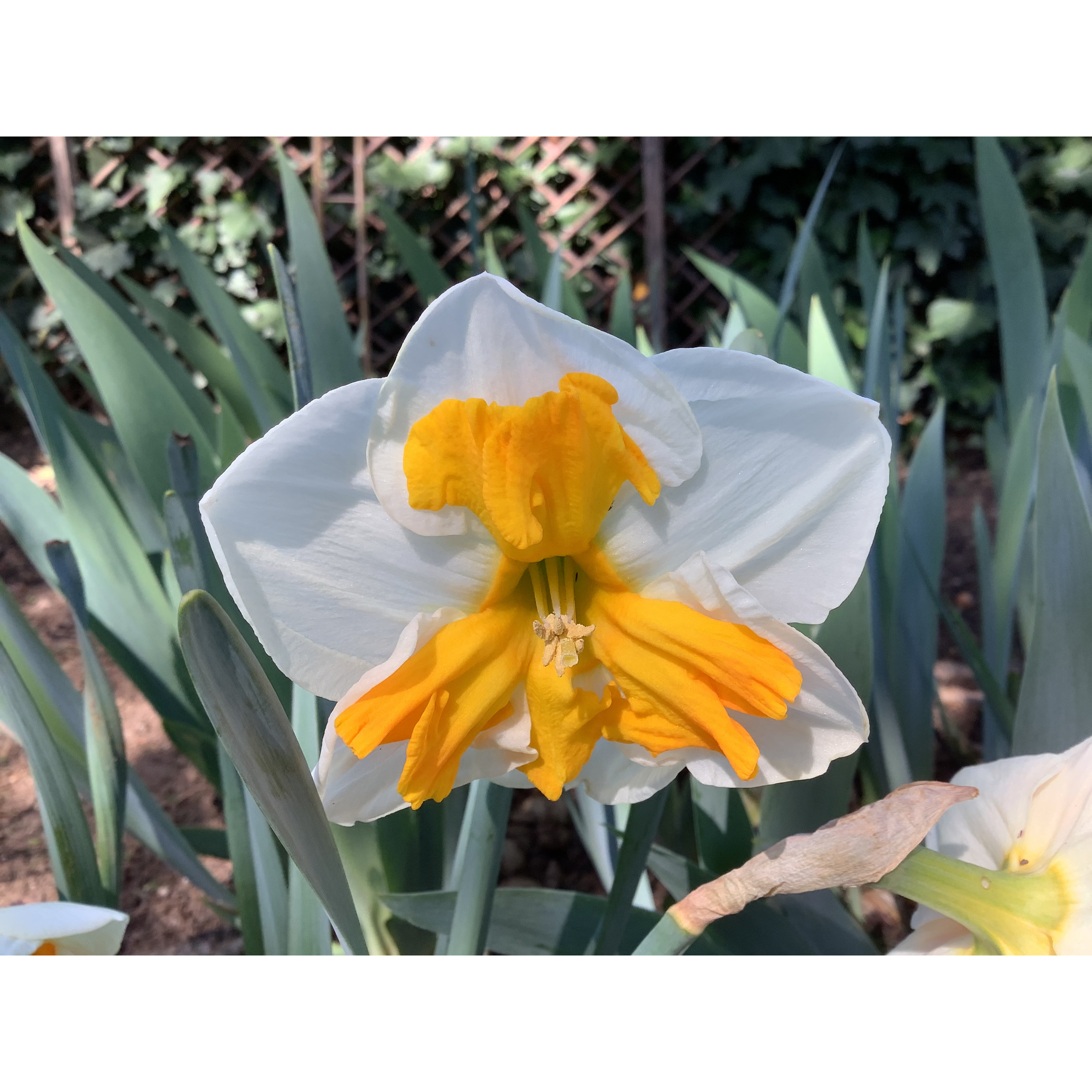
Michele B.

No text to translate.
Michele B. • 12 FR
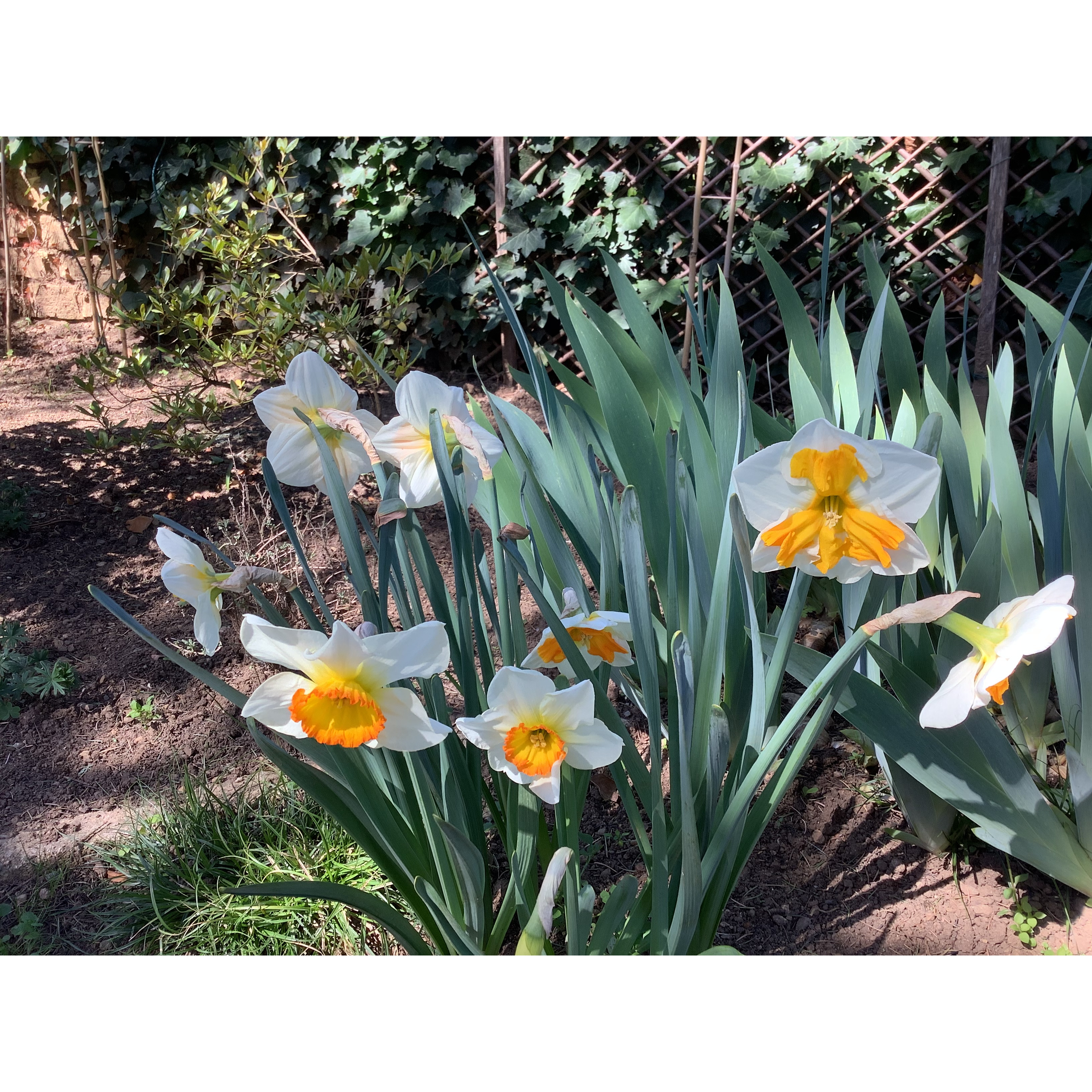
Michele B.

Photo from 7/04/2023
Michele B. • 12 FR
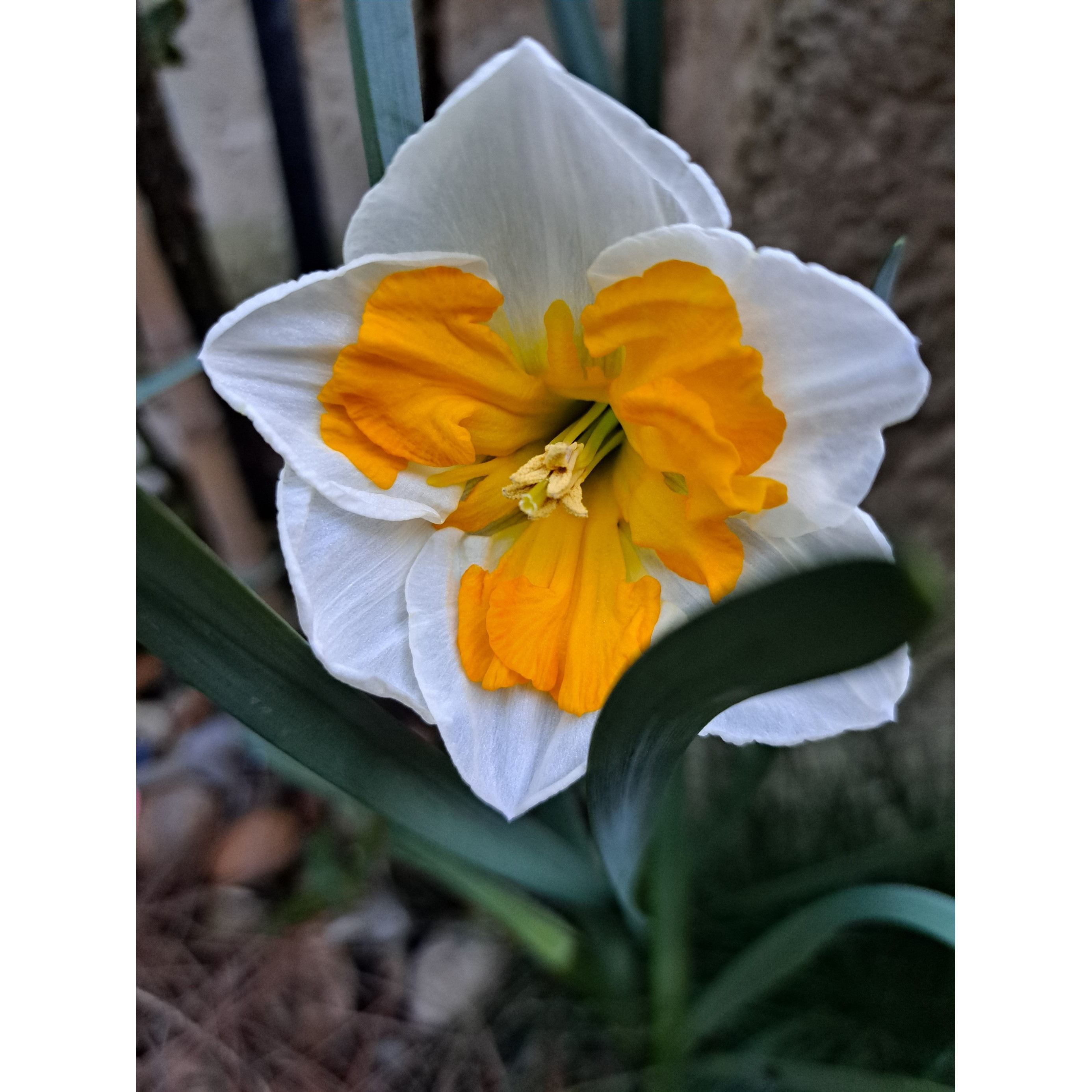
Thierry P.

March flowering - image 18
Thierry P. • 84 FR
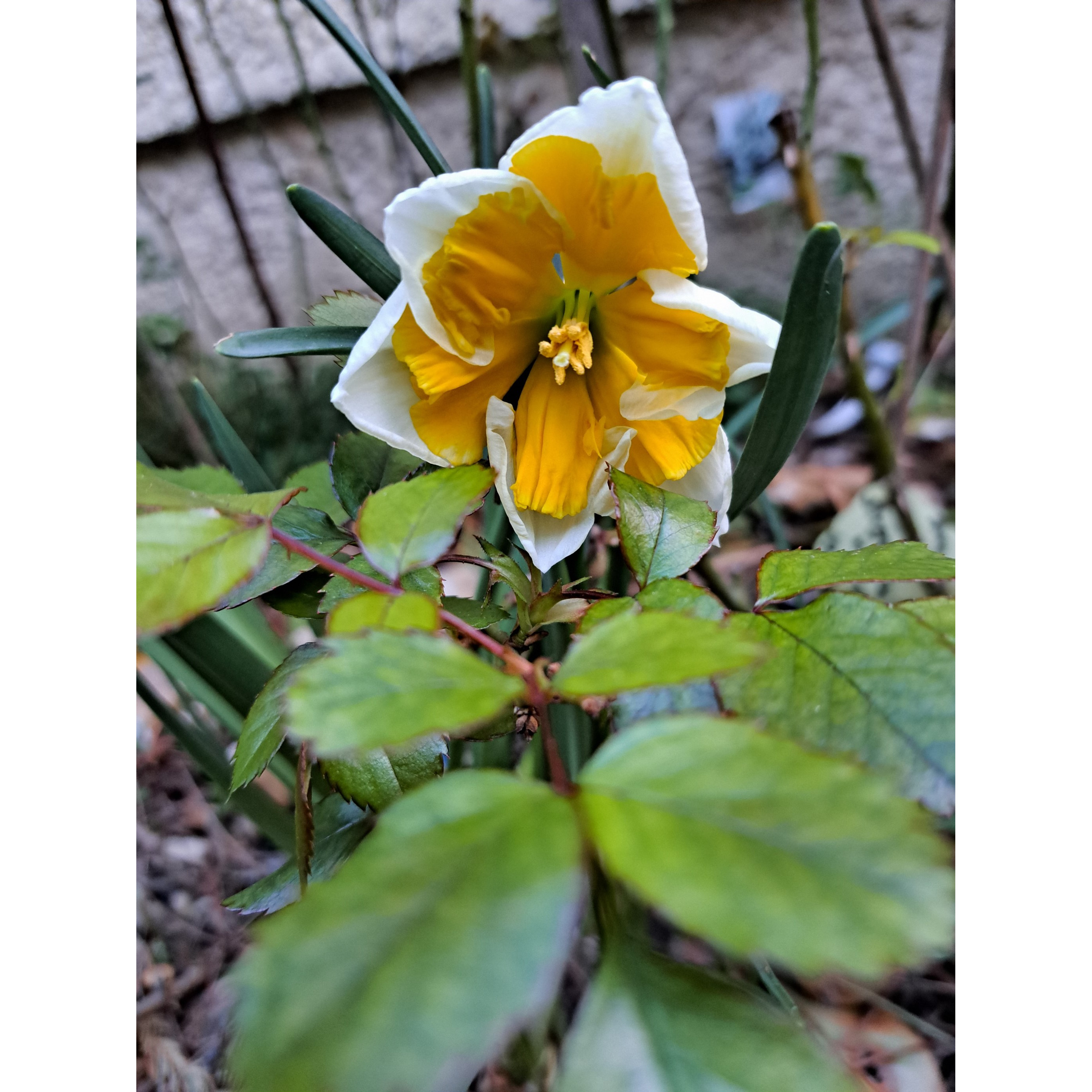
Thierry P.

March flowering - image 17
Thierry P. • 84 FR
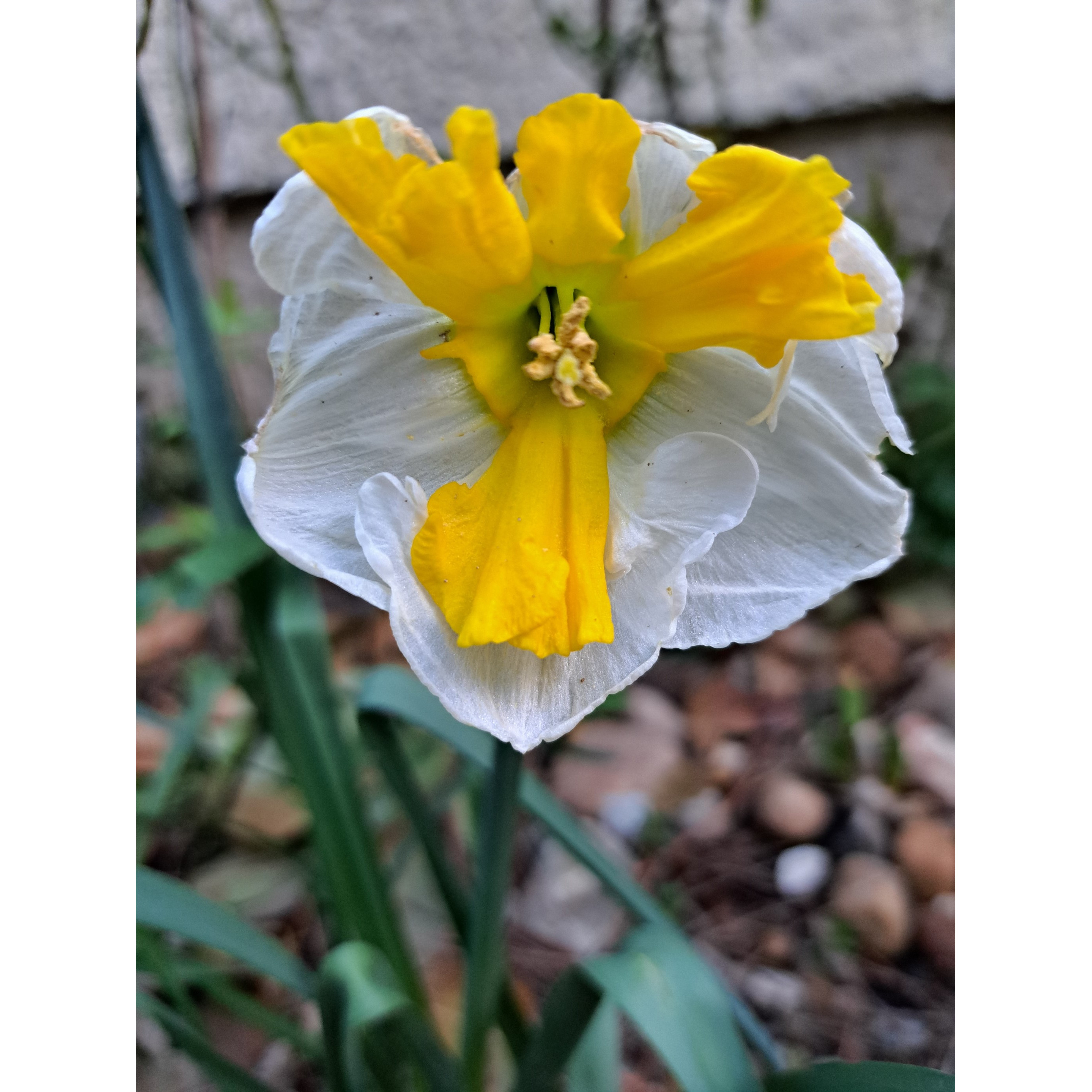
Thierry P.

March flowering - image 16
Thierry P. • 84 FR
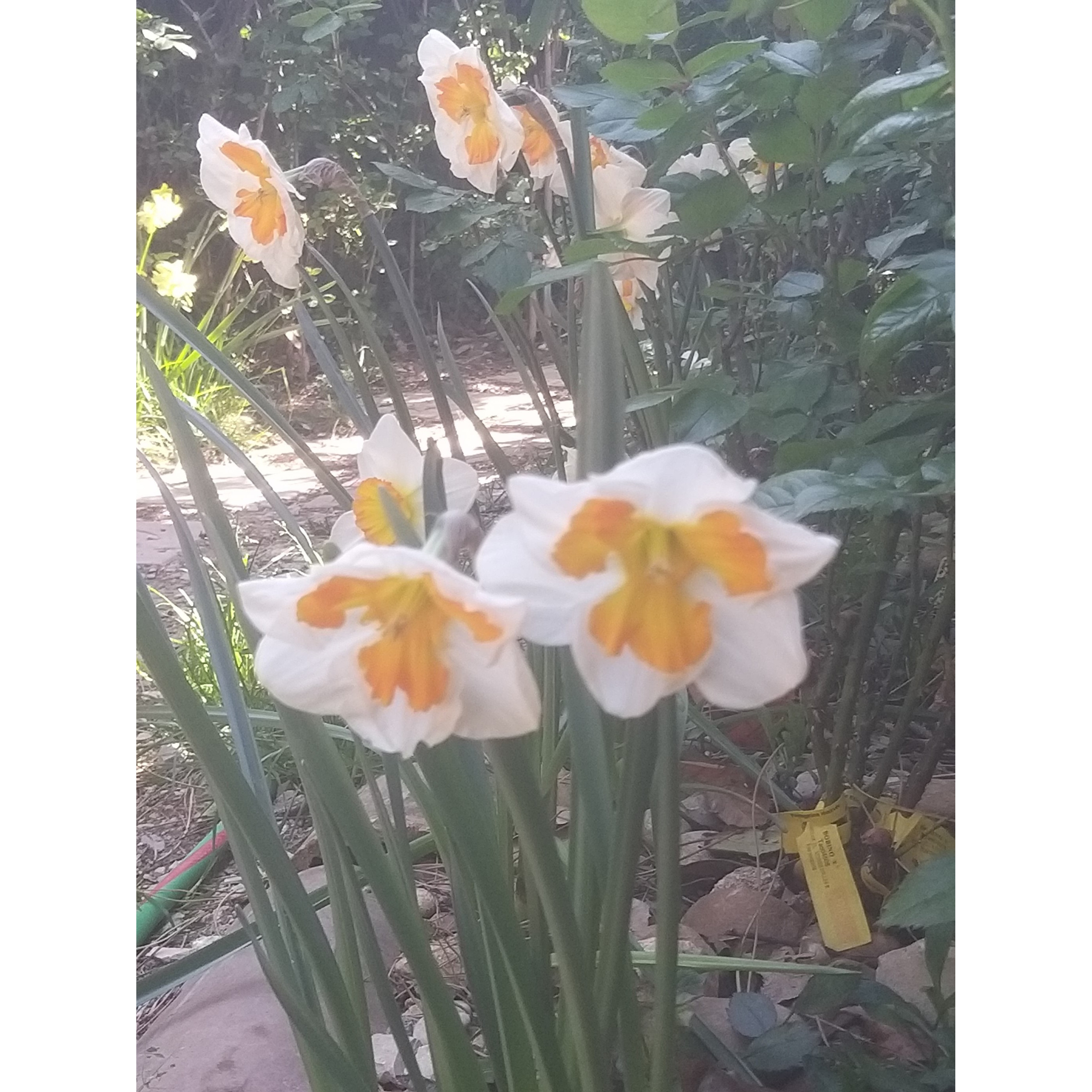
Thierry P.

No text to translate.
Thierry P. • 84 FR
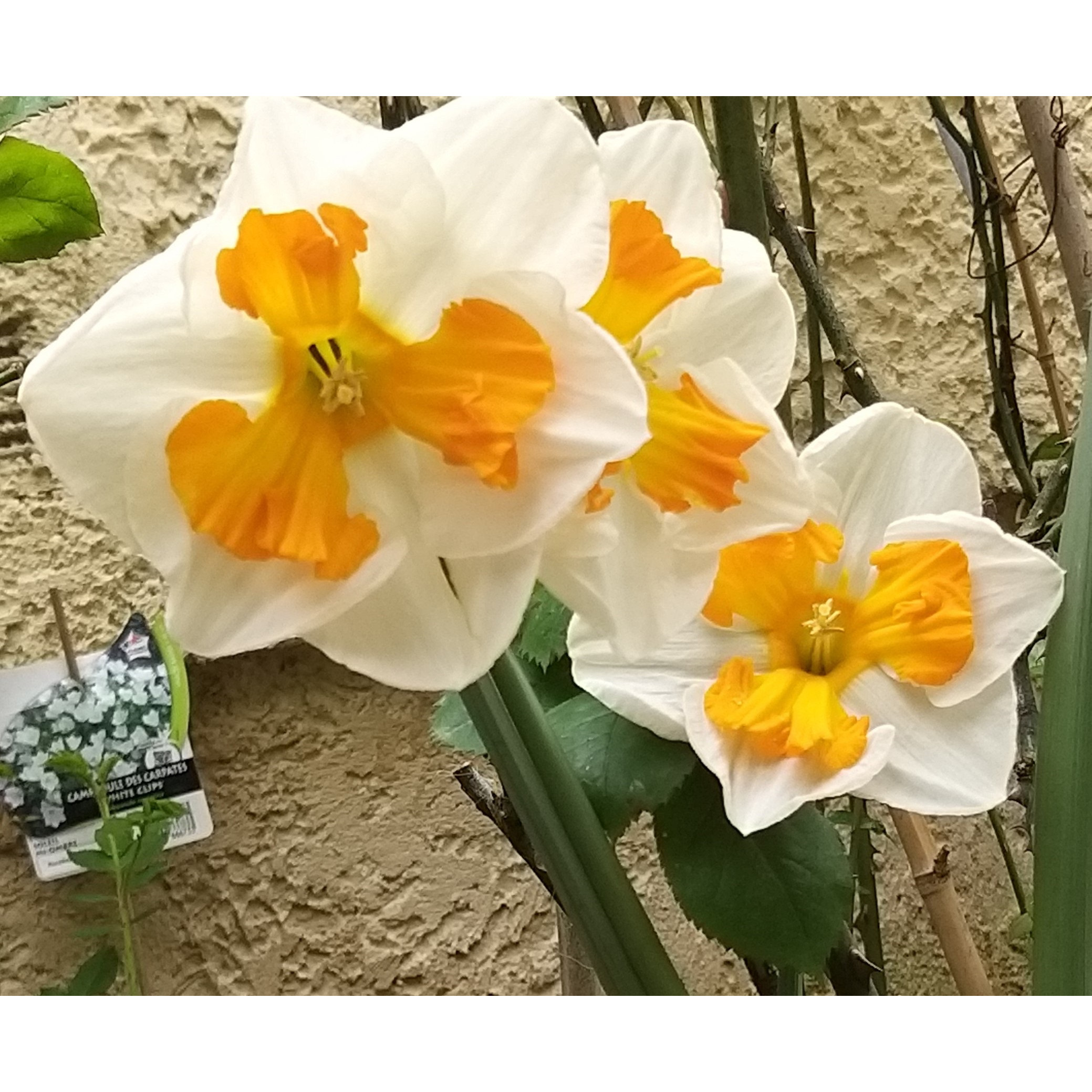
Thierry P.

March flowering - image 13
Thierry P. • 84 FR
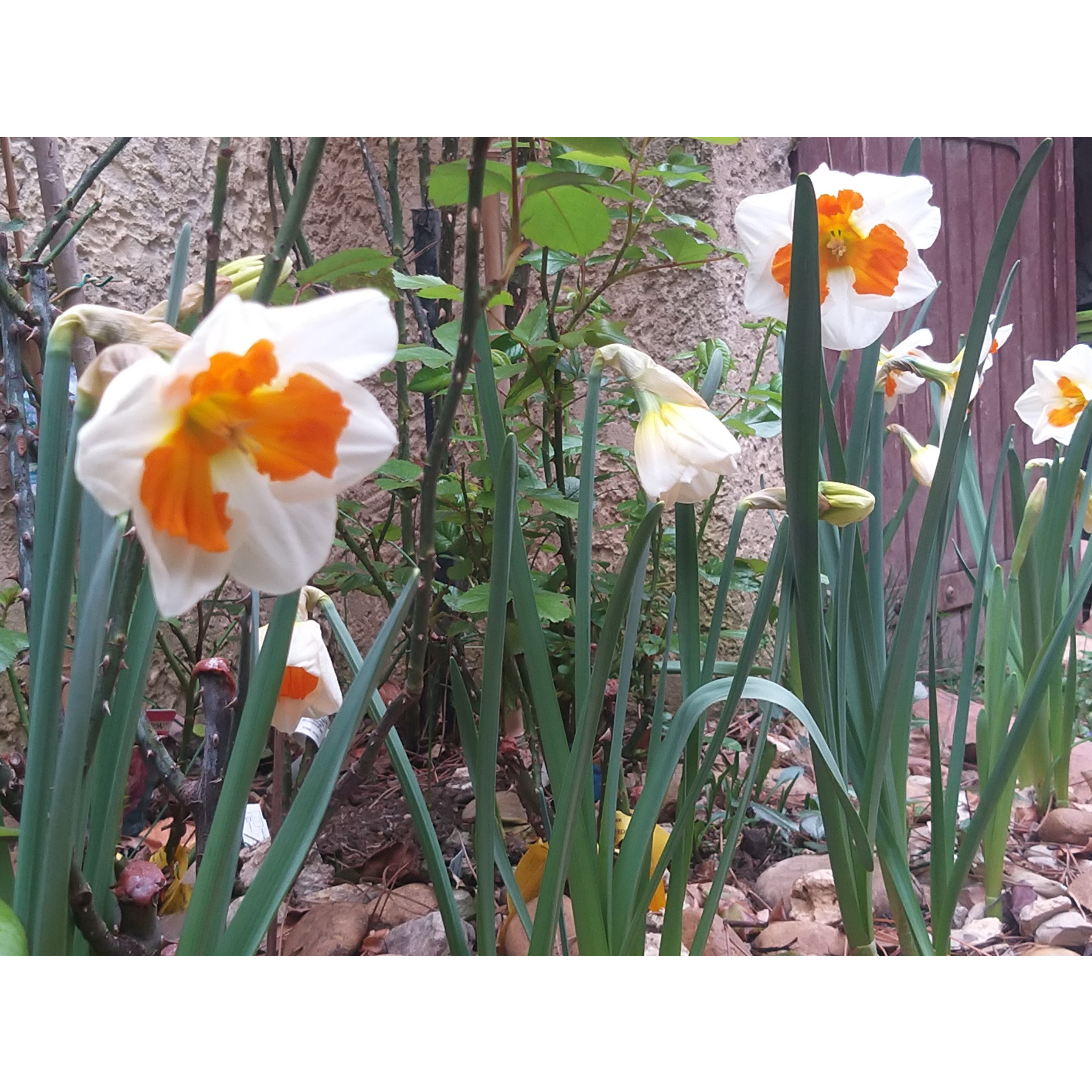
Thierry P.

March flowering - image 7
Thierry P. • 84 FR
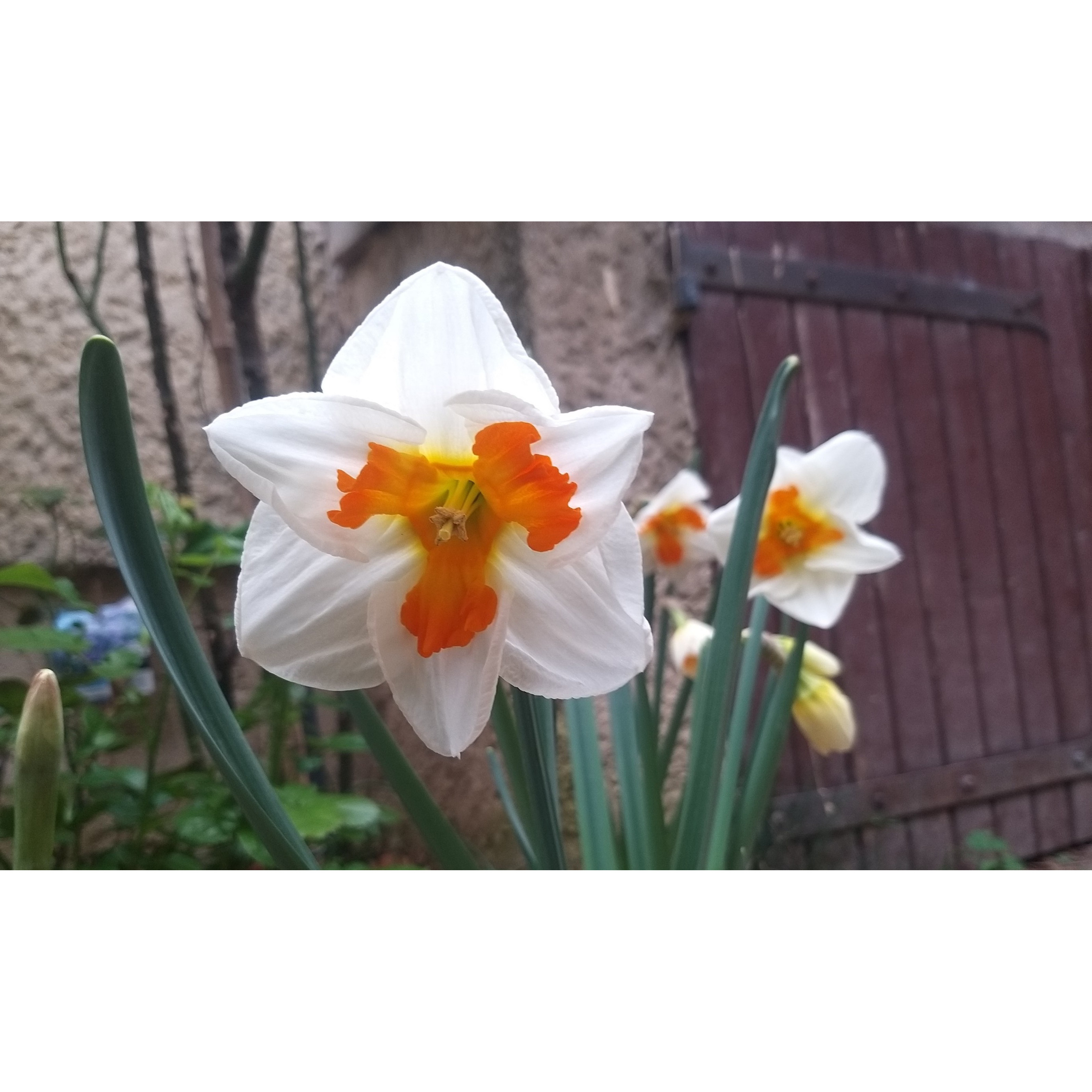
Thierry P.

March flowering - image 5
Thierry P. • 84 FR
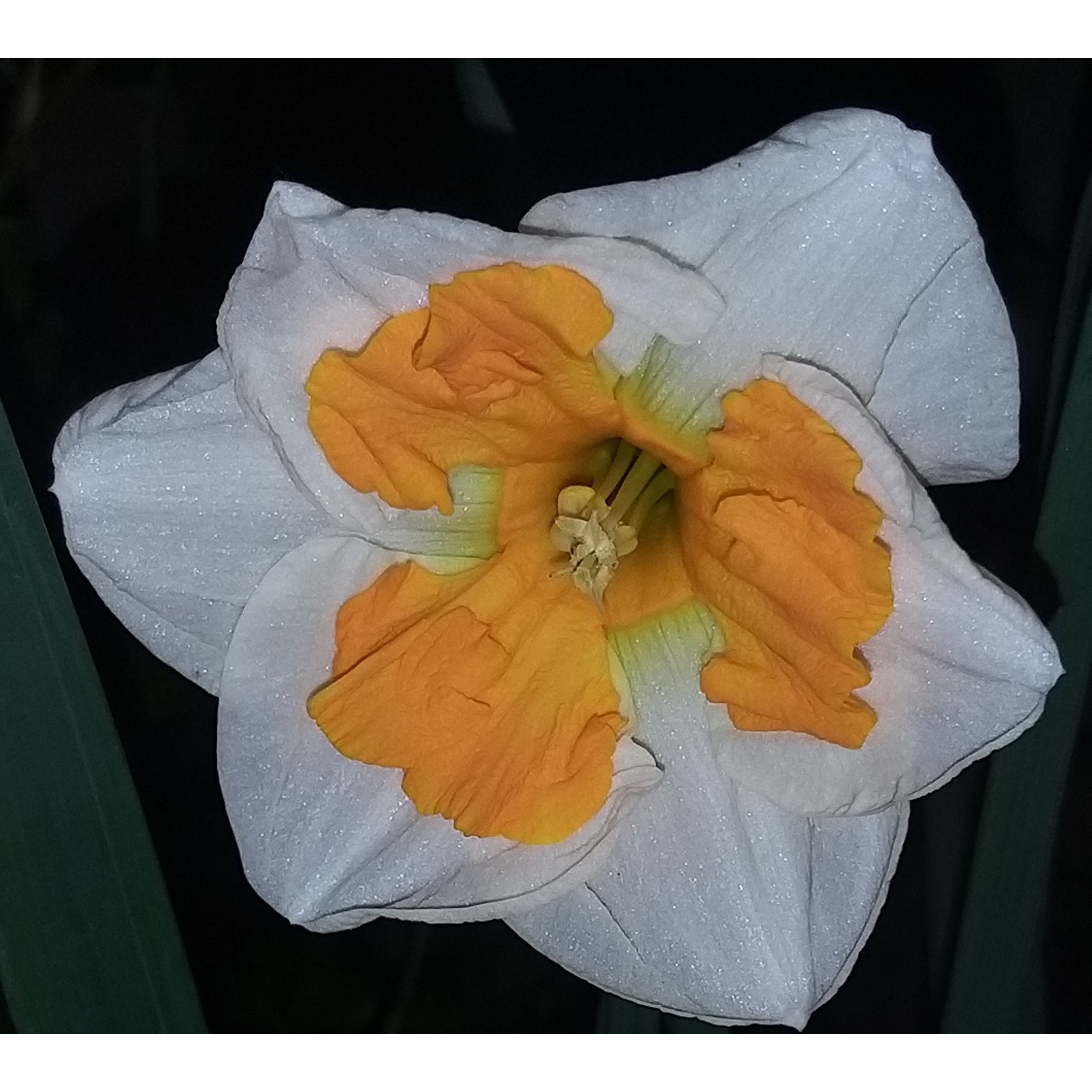
Thierry P.

March flowering - image 3
Thierry P. • 84 FR
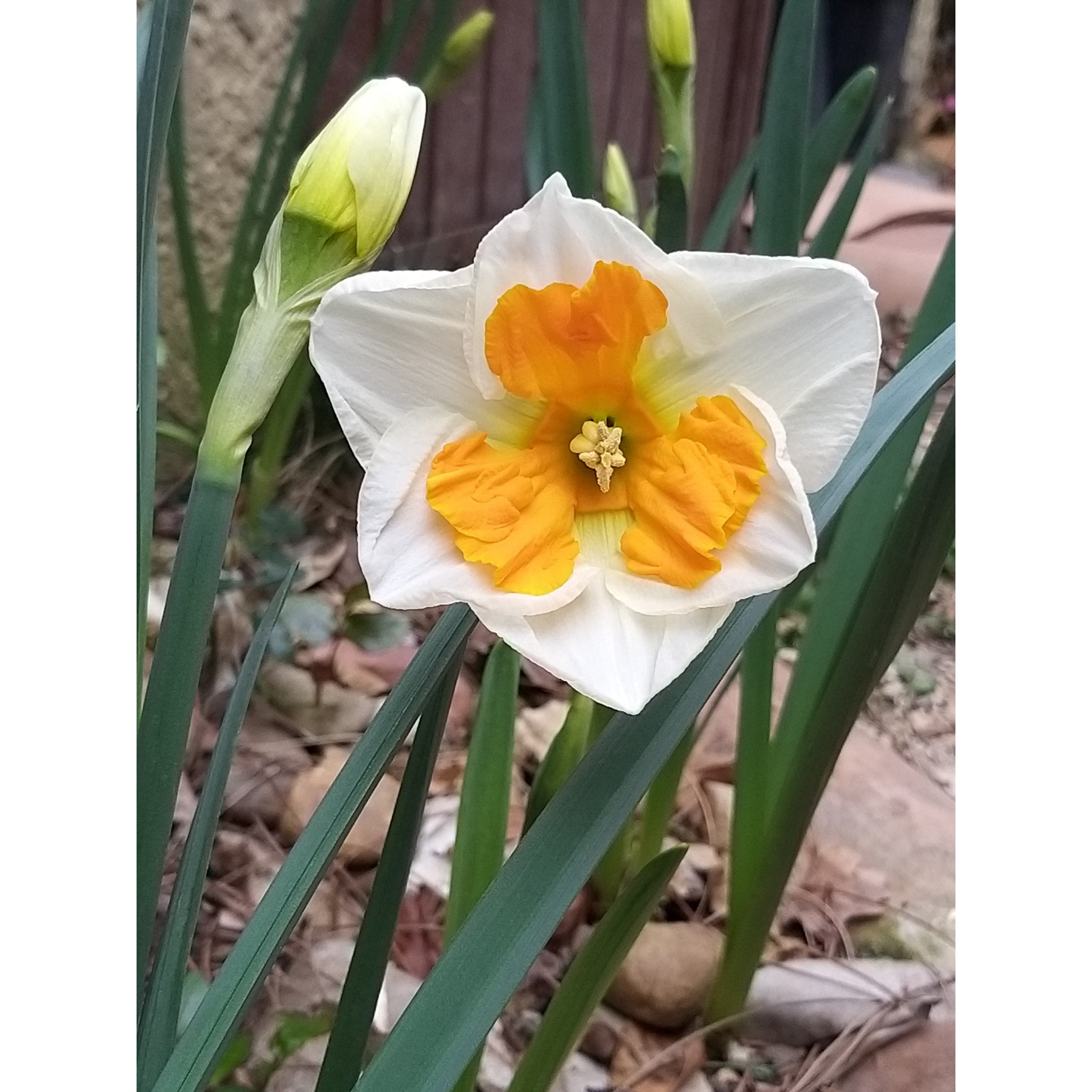
Thierry P.

March flowering - image 1
Thierry P. • 84 FR
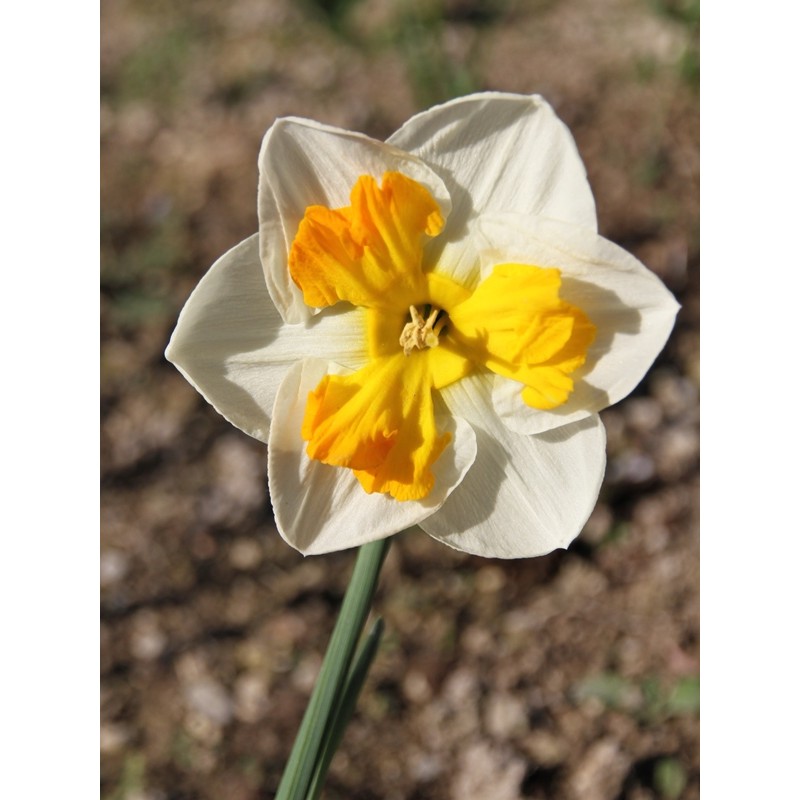
Elise A.

This daffodil has a heart of gold!
Elise A. • 51 FR
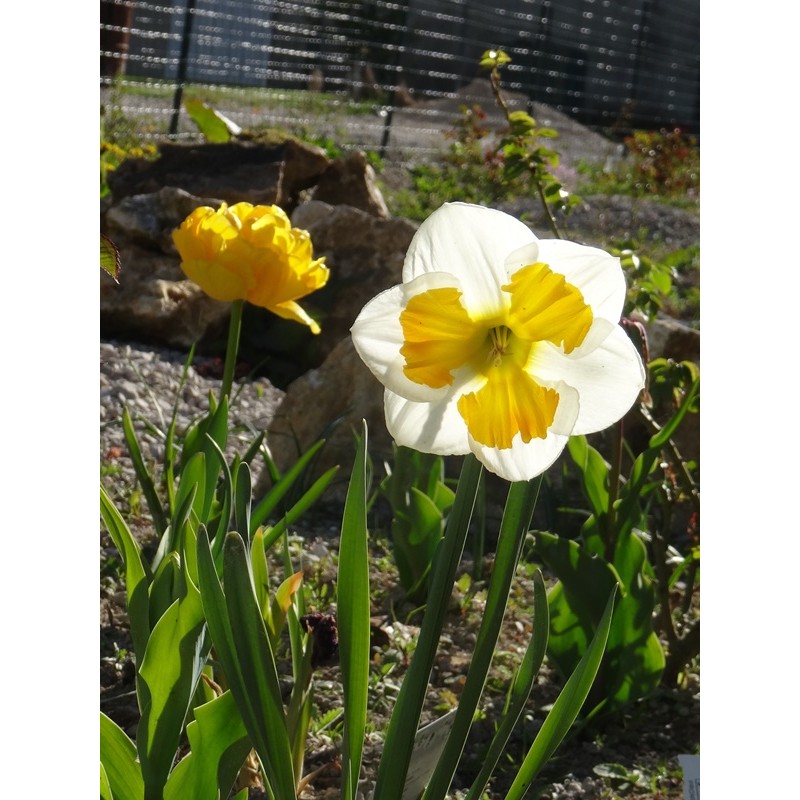
Elise A.

With tulip Gold Fever in the background.
Elise A. • 51 FR
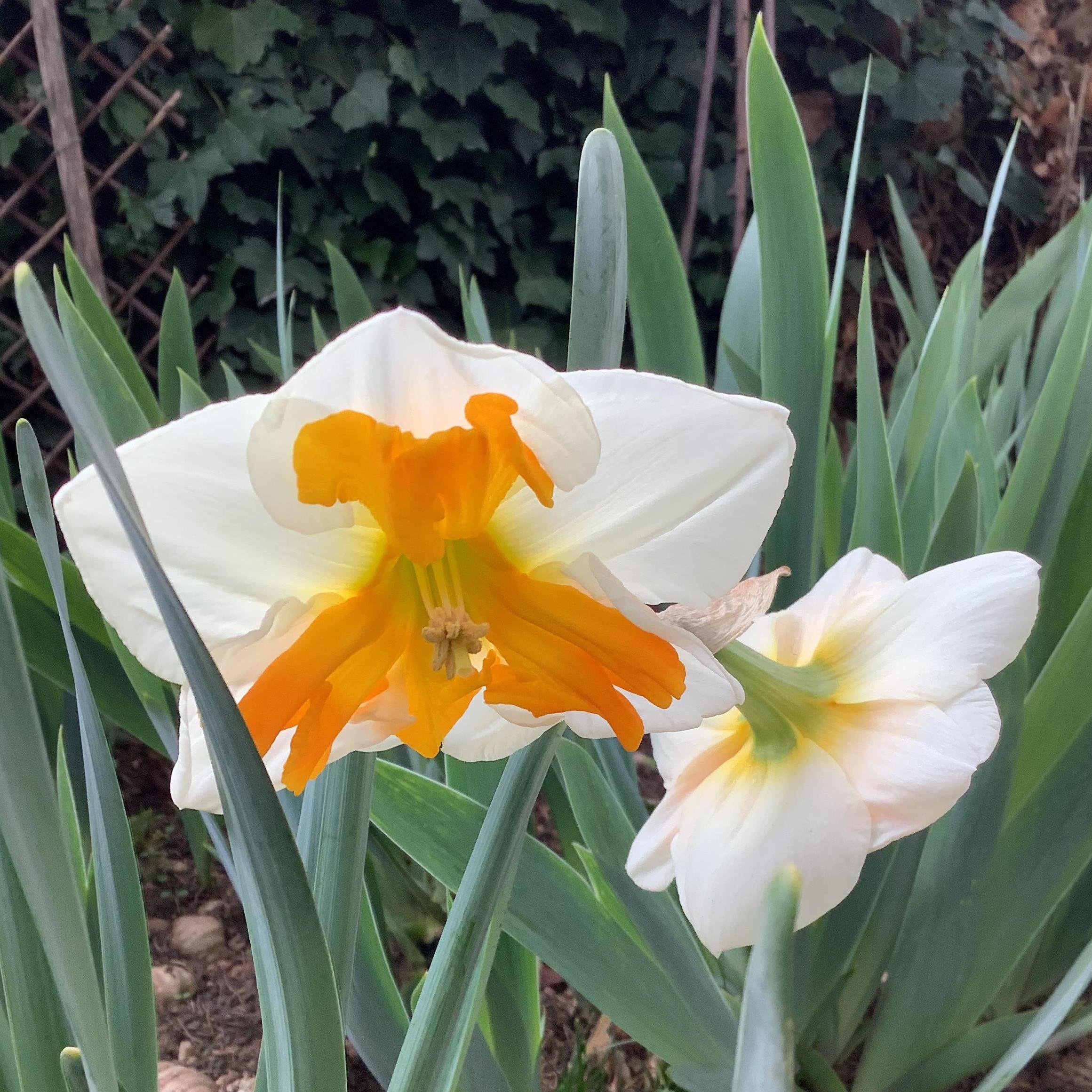
Michele B.

Photo from 7th April 2023
Michele B. • 12 FR
Narcissus Tricollet
Narcissus Tricollet
Daffodil 'Tricollet'
Perfect! One of my favorite daffodils. Planted in the woods for a touch of color, perfect growth. Mixed with other varieties, also bought for their promised flowers, and a lovely carpet of daffodils achieved. Thank you! Careful packaging, and perfect bulbs." Analyse de la traduction : - "narcisses" a été traduit par "daffodils" qui est l'équivalent britannique du terme. - "sous bois" a été traduit par "woods" qui est l'équivalent britannique de l'expression. - "variétés" a été traduit par "varieties" qui est l'équivalent britannique du terme. - "tapi" a été traduit par "carpet" qui est l'équivalent britannique du terme.
Damien, 19/05/2023
Special offer!
Receive a €20 voucher for any order over €90 (excluding delivery costs, credit notes, and plastic-free options)!
1- Add your favorite plants to your cart.
2- Once you have reached €90, confirm your order (you can even choose the delivery date!).
3- As soon as your order is shipped, you will receive an email containing your voucher code, valid for 3 months (90 days).
Your voucher is unique and can only be used once, for any order with a minimum value of €20, excluding delivery costs.
Can be combined with other current offers, non-divisible and non-refundable.
This plant carries a 6 months recovery warranty
More information
We guarantee the quality of our plants for a full growing cycle, and will replace at our expense any plant that fails to recover under normal climatic and planting conditions.
Would this plant suit my garden?
Set up your Plantfit profile →
Description
Narcissus 'Tricollet' is an unusual variety producing a large solitary flower with a triangular shape. It is formed by three layers of petals arranged in staggered fashion. The centre of the flower is composed of three golden to orange segments, which stand out beautifully against the white petals. The fragrant flowers appear in April. It is a remarkable bouquet flower and an easy plant to grow, full of discreet charm. It is very hardy. The bulbs should be planted in small groups in a prominent spot, where its remarkable blooms can be fully admired.
Narcissus 'Tricollet' belongs to the Amaryllidaceae family. More specifically, it belongs to division 11 of the large narcissus family, which consists of 13 divisions. Division 11 is the split-corona daffodils. The Narcissus genus includes about 50 species mainly found in the Western Mediterranean, but also in Africa and Asia. Narcissus 'Tricollet' stands out with its unique flowering. The foliage reaches about 30cm (12in) in height. When in bloom, 'Tricollet' reaches about 40cm (16in). Its flowers are remarkably architectural, arranged in a flat triangle. It blooms in April, with yellow-green buds that give way to fragrant flowers. Three white petals are arranged in staggered fashion, topped with three yellow to orange segments that catch the eye. The linear foliage is deciduous and disappears in summer. This variety easily multiplies by producing bulbils.
Narcissus 'Tricollet' is undemanding. It grows in any well-drained and loosened soil, but the results are less satisfactory in overly wet or excessively acidic soils.
There are so many daffodil cultivars that one can enjoy them for three months in spring without ever getting tired. They all have in common the ability to naturalise easily, to offer an infinite range of yellow and white shades, and to often emit sweet fragrances. Grow them in large clumps in lawns or at the edge of flower beds (at least 20 bulbs) for an enhanced effect. Pair 'Tricollet’ with squills, hyacinths, double tulips, forget-me-nots, pansies, or liverworts. A group of 'Tricollet’ daffodils in a vase creates a sensational effect. This daffodil is also perfect in pots.
Daffodils belong to division 7 of the group. Native to southern Europe and North Africa, they have flowers grouped in pairs or more. There is also the botanical species that has retained the charm of wild plants and thrives in rockeries: N. bulbocodium, N. canaliculatus, N. juncifolius, N. pseudonarcissus are among the prettiest.
For bouquets, we advise against mixing narcissus with other flowers, especially tulips, as daffodil stems contain a substance that causes other flowers to wilt quickly. This detrimental effect on other flower species can be attenuated by dipping the ends of narcissus stems in hot water for 1 to 2 minutes.
Report an error about the product description
Narcissus Tricollet in pictures
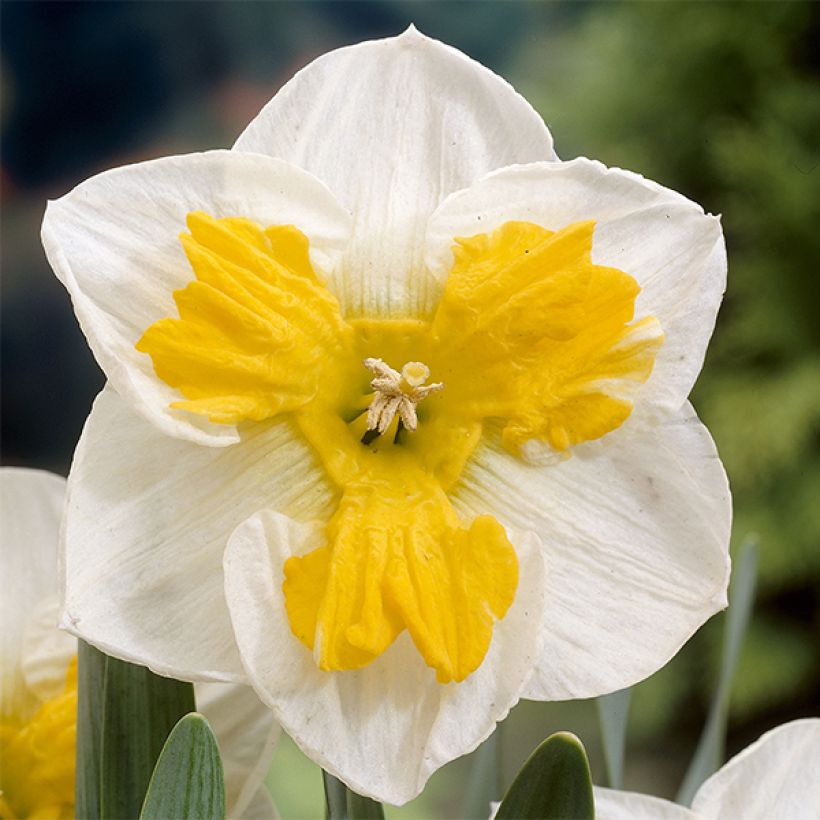

Plant habit
Flowering
Foliage
Botanical data
Narcissus
Tricollet
Amaryllidaceae
Daffodil 'Tricollet'
Cultivar or hybrid
Planting and care
Narcissus 'Tricollet' is undemanding. It grows in any well-drained and loosened soil, but the results are less satisfactory in overly wet or excessively acidic soils. Plant the bulbs from September to mid-December, at a depth of 15cm (6in), with a spacing of 8cm (3in), in a sunny or semi-shaded location (at least 3 hours of sunlight per day). Do not disturb them and, each year, your daffodils will produce more and more flowers. It is advisable to water in case of drought. The daffodil bulbs remain in the ground. Remove faded flowers to help the bulb replenish its reserves. After flowering, let the foliage die naturally and only cut it when it turns yellow. If the clumps become too dense, they will stop producing as many flowers. They can be divided from July to September when the leaves are dry. Replant the bulbs immediately, discarding any damaged ones.
Planting period
Intended location
Care
-
, onOrder confirmed
Reply from on Promesse de fleurs
Haven't found what you were looking for?
Hardiness is the lowest winter temperature a plant can endure without suffering serious damage or even dying. However, hardiness is affected by location (a sheltered area, such as a patio), protection (winter cover) and soil type (hardiness is improved by well-drained soil).

Photo Sharing Terms & Conditions
In order to encourage gardeners to interact and share their experiences, Promesse de fleurs offers various media enabling content to be uploaded onto its Site - in particular via the ‘Photo sharing’ module.
The User agrees to refrain from:
- Posting any content that is illegal, prejudicial, insulting, racist, inciteful to hatred, revisionist, contrary to public decency, that infringes on privacy or on the privacy rights of third parties, in particular the publicity rights of persons and goods, intellectual property rights, or the right to privacy.
- Submitting content on behalf of a third party;
- Impersonate the identity of a third party and/or publish any personal information about a third party;
In general, the User undertakes to refrain from any unethical behaviour.
All Content (in particular text, comments, files, images, photos, videos, creative works, etc.), which may be subject to property or intellectual property rights, image or other private rights, shall remain the property of the User, subject to the limited rights granted by the terms of the licence granted by Promesse de fleurs as stated below. Users are at liberty to publish or not to publish such Content on the Site, notably via the ‘Photo Sharing’ facility, and accept that this Content shall be made public and freely accessible, notably on the Internet.
Users further acknowledge, undertake to have ,and guarantee that they hold all necessary rights and permissions to publish such material on the Site, in particular with regard to the legislation in force pertaining to any privacy, property, intellectual property, image, or contractual rights, or rights of any other nature. By publishing such Content on the Site, Users acknowledge accepting full liability as publishers of the Content within the meaning of the law, and grant Promesse de fleurs, free of charge, an inclusive, worldwide licence for the said Content for the entire duration of its publication, including all reproduction, representation, up/downloading, displaying, performing, transmission, and storage rights.
Users also grant permission for their name to be linked to the Content and accept that this link may not always be made available.
By engaging in posting material, Users consent to their Content becoming automatically accessible on the Internet, in particular on other sites and/or blogs and/or web pages of the Promesse de fleurs site, including in particular social pages and the Promesse de fleurs catalogue.
Users may secure the removal of entrusted content free of charge by issuing a simple request via our contact form.
The flowering period indicated on our website applies to countries and regions located in USDA zone 8 (France, the United Kingdom, Ireland, the Netherlands, etc.)
It will vary according to where you live:
- In zones 9 to 10 (Italy, Spain, Greece, etc.), flowering will occur about 2 to 4 weeks earlier.
- In zones 6 to 7 (Germany, Poland, Slovenia, and lower mountainous regions), flowering will be delayed by 2 to 3 weeks.
- In zone 5 (Central Europe, Scandinavia), blooming will be delayed by 3 to 5 weeks.
In temperate climates, pruning of spring-flowering shrubs (forsythia, spireas, etc.) should be done just after flowering.
Pruning of summer-flowering shrubs (Indian Lilac, Perovskia, etc.) can be done in winter or spring.
In cold regions as well as with frost-sensitive plants, avoid pruning too early when severe frosts may still occur.
The planting period indicated on our website applies to countries and regions located in USDA zone 8 (France, United Kingdom, Ireland, Netherlands).
It will vary according to where you live:
- In Mediterranean zones (Marseille, Madrid, Milan, etc.), autumn and winter are the best planting periods.
- In continental zones (Strasbourg, Munich, Vienna, etc.), delay planting by 2 to 3 weeks in spring and bring it forward by 2 to 4 weeks in autumn.
- In mountainous regions (the Alps, Pyrenees, Carpathians, etc.), it is best to plant in late spring (May-June) or late summer (August-September).
The harvesting period indicated on our website applies to countries and regions in USDA zone 8 (France, England, Ireland, the Netherlands).
In colder areas (Scandinavia, Poland, Austria...) fruit and vegetable harvests are likely to be delayed by 3-4 weeks.
In warmer areas (Italy, Spain, Greece, etc.), harvesting will probably take place earlier, depending on weather conditions.
The sowing periods indicated on our website apply to countries and regions within USDA Zone 8 (France, UK, Ireland, Netherlands).
In colder areas (Scandinavia, Poland, Austria...), delay any outdoor sowing by 3-4 weeks, or sow under glass.
In warmer climes (Italy, Spain, Greece, etc.), bring outdoor sowing forward by a few weeks.





























